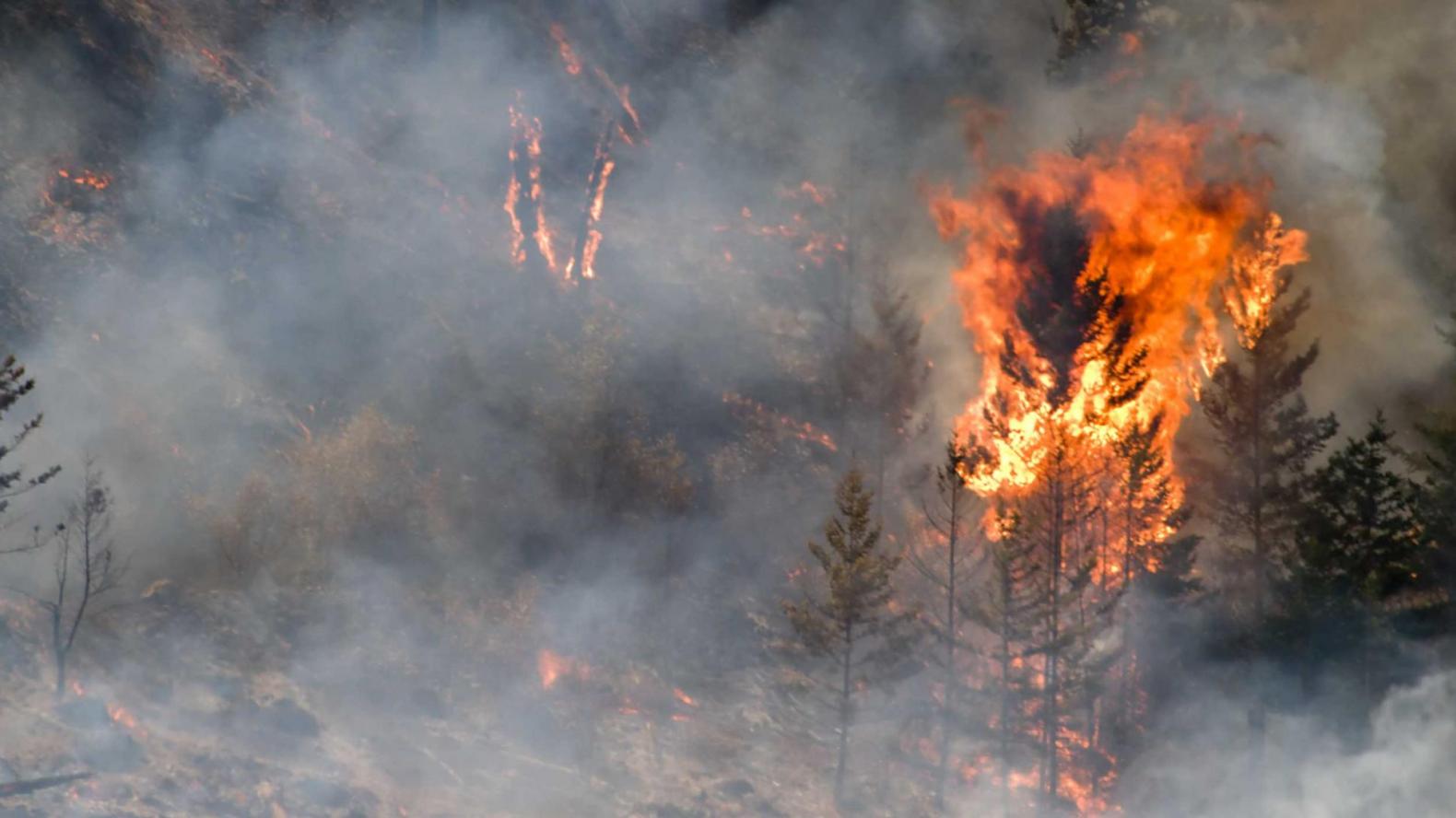
UBC professor and UN Special Rapporteur David Boyd has established a new mechanism – a researchathon – that seeks to elicit Indigenous perspectives, communities and worldviews to shape the development and implementation of climate-related initiatives and policies.
Professor David Boyd (SPPGA; IRES), UN Special Rapporteur on Human Rights and the Environment, and Marcos A Orellana, UN Special Rapporteur on Toxics and Human Rights, are gathering information on “sacrifice zones,” places of severe pollution or environmental degradation where profits have been prioritized over people.
With this researchathon, Boyd and Orellana aim to highlight the problem of places that are being subjected to severe toxic pollution. A “sacrifice zone” can be defined as a region or community where extreme and/or pervasive pollution is causing human rights abuses or violations. Many sacrifice zones are located in low-income, ethnic minority, Indigenous or other vulnerable or marginalized communities. The UN Special Rapporteurs are also interested in hearing about any steps being taken (or proposed) to clean up and rehabilitate sacrifice zones and protect the human rights of local residents.
Information received will be used for a report to the UN Human Rights Council in March 2022. This forms part of a series of reports for the Human Rights Council and General Assembly prepared by Dr. Boyd on the six substantive elements of the right to a safe, clean, healthy and sustainable environment, including clean air, a safe climate, a healthy biosphere, safe and sufficient water, healthy and sustainably produced food, and toxic-free environments in which to live, work, study and play.
Submit by August 31, 2021.